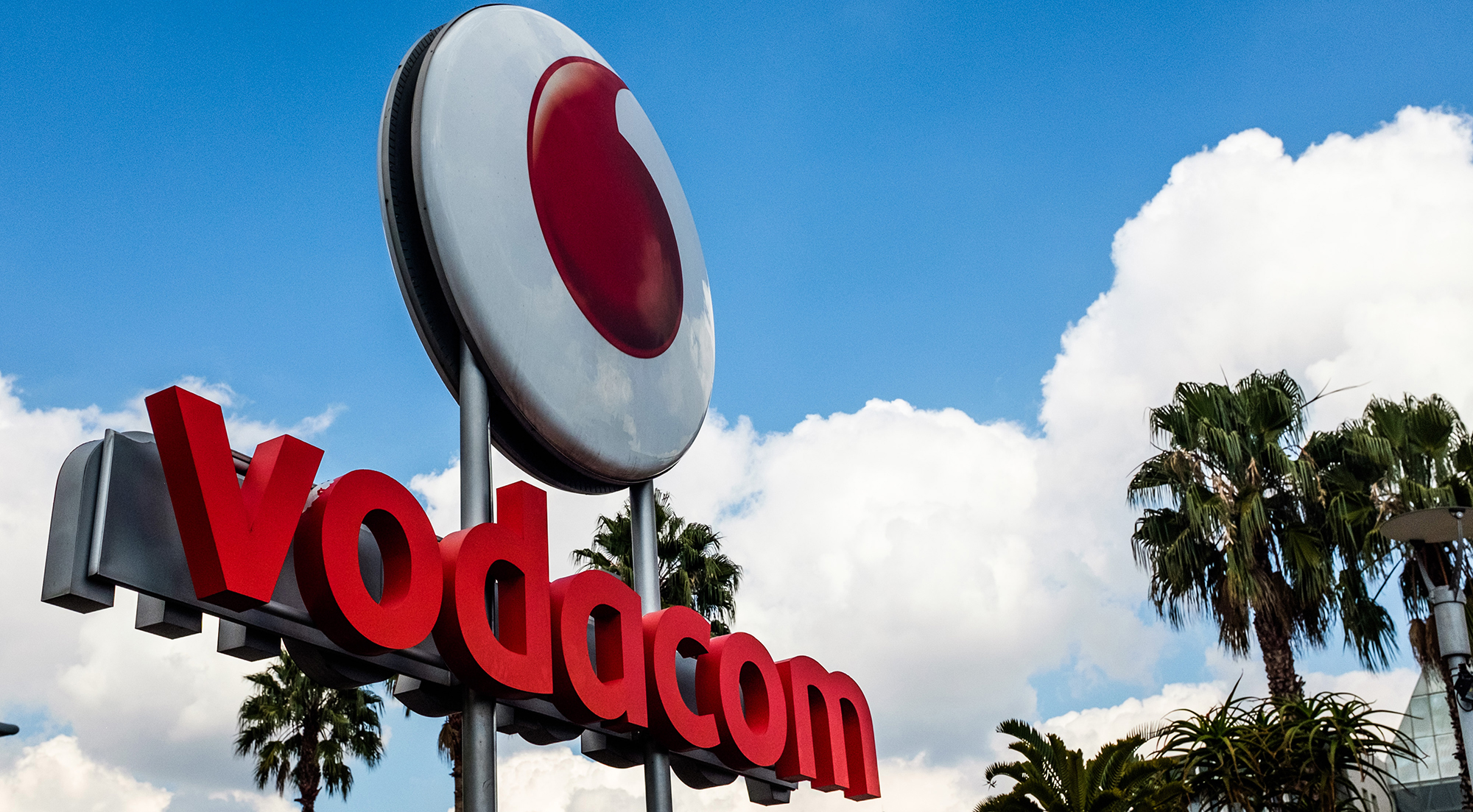164k The mobile network operator says there is an urgent need for Icasa to release high-demand spectrum after Covid-19 resulted in increased data usage, which is unlikely to reverse.
Vodacom has raised its profit targets following a strong year as it built capacity to cope with a surge in data usage, sparked by price cuts last year and surging demand due to Covid-19. However, it says any further adjustments to data pricing are dependent on it getting access to high-demand spectrum.
The mobile network operator (MNO) spent R10.1-billion on its South African network in the year to 31 March as more people worked from home and studied online. Data usage was also stimulated by lower tariffs from 1 April 2020 following negotiations with the Competition Commission as a result of its data services market inquiry in 2019.
Including that, total investment in its African network infrastructure amounted to R13.3-billion last year as it also assisted governments in providing critical services during the pandemic.
The auction of the new spectrum has been delayed a number of times due to legal battles over communication authority Icasa’s invitation to apply (ITA). The spectrum will help operators to deliver more cost-effective services through more efficient use of the spectrum. This will increase their cost-competitiveness and ultimately lead to lower data prices, according to Dobek Pater, telecoms analyst at Africa Analysis.
“The different spectrum frequencies enable service delivery in different scenarios,” Pater said.
“For example, the sub-1GHz spectrum will allow the MNOs to deliver better services in less densified areas with lower service demand such as rural, semi-rural, and some peri-urban areas. They can also deliver these services more cost-effectively in the low-frequency spectrum. It also allows the MNOs to provide better in-door signal penetration.”
Pater said he didn’t expect the strong growth in data usage over the past year to reverse, though the rate of growth was likely to decline.
“Mobile (and fixed) data use is growing in general. Post the lockdown many individuals continue to work from home/remotely and this situation will continue into the future,” Pater said.
“Data is becoming cheaper, enabling greater use of it. Increasingly, more aspects of business and personal lives are app-based. This is also driven by the government, which will continue to drive various e-Government services in the future.”
The demand for more spectrum comes as Vodacom grows its customer base, with increased demand for financial services in particular. It has partnered with China’s […]
